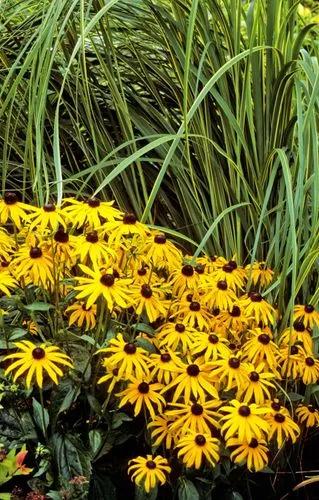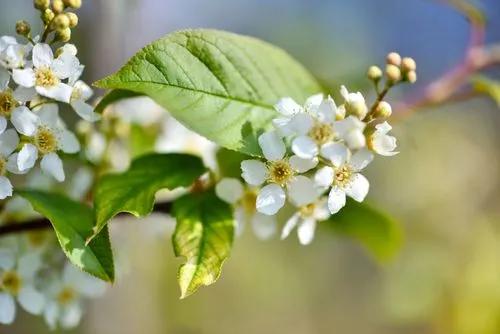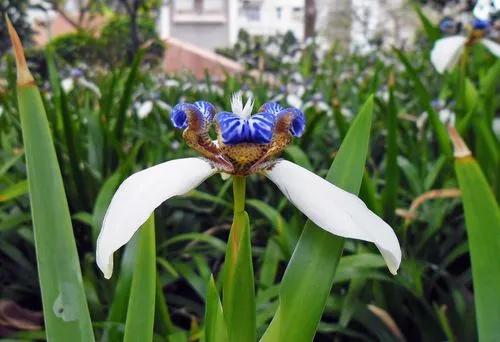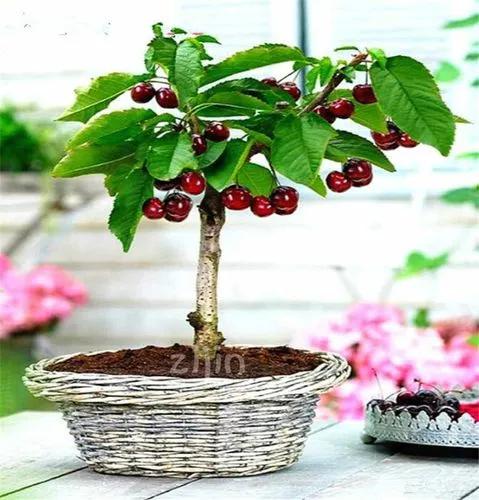Laelia rubescens is a species of orchid native to Mexico and Central America.Laelia rubescens occurs throughout Central America. It grows epiphytic on trees or lithophyte on rocks in dry areas and wooded regions in seasonally dry, deciduous forests at an altitude of 100 to 1700 meters above sea level. It is a medium sized, hot to cool growing epiphyte and occasional lithophyte with compressed, ovoid, wrinkled, dark green, 4 to 7 cm long, 1.5-4 cm wide pseudobulbs subtended by papery sheaths carrying a single (rarely 2) leathery, apical, oblong-ovate, spreading or suberect, leathery, v shaped in cross-section, obtuse, basally clasping, 6 to 20 cm long and from 1.5 to 4 cm wide leaf. The Rosy Tinted Laelia flower in the autumn and winter on a new growth with a to 90 cm long, terete inflorescence with fragrant flowers all clustered at the apex that may close at night or not, covered in papery sheaths. The flowers are white, pink or purple with a red-brown stain inside the lip, measuring 3 to 7 cm in diameter, on sunny days very pleasantly smell. Sepals elongated-lanceolate, with pointed tips, slightly arched back, 2-4.5 cm long and 0.5-1 cm wide. Petals are rhomboid, wide, rounded at the tips, wavy at the edge, slightly curved back, measuring 2.5-4 cm long and 1-2 cm wide. The lip is triple, 2-4 cm long and 1.5-2.5 cm wide, its lateral parts cover the column, and the front part is round to square in shape, slightly wavy along the edge.
The Rosy Tinted Laelia Care
Laelia Rubescens



How to Care for the Plant

Water

During the period of new growth, the plant needs frequent and abundant watering. Excess water during watering should flow freely out of the pot, as the stagnation of water both inside the pot and in its pan can very quickly lead to decay of the roots and the lower part of the plant. The substrate between waterings must necessarily dry well, as the roots of the orchid are very sensitive to waterlogging. In the hot summer period, daily spraying of the outer part of the plant is recommended, this will increase the humidity around the orchid and help it to survive the heat better.

Fertilizer

During the new growth period, this type of orchid is fertilized every 2 weeks in 1/2 the concentration of fertilizer indicated on the package. In addition to the usual root top dressing, it is also recommended to produce a foliar dressing, when a very much diluted fertilizer is sprayed on the outer part of the plant. It is best to feed the plant, alternating both these methods. Closer to bloom, it is strongly recommended to use a fertilizer with a higher content of phosphorus.

Sunlight

Laelia rubescens loves bright sunlight and is able to tolerate the direct morning and evening sun, however, in the hot summer noon (especially in the windows of the southern orientation), the orchid should be protected from direct sunlight: put behind a curtain (for example, on a table near the window) or in the shadow of other plants, otherwise the plant can get sunburn. Bright sunlight is one of the main prerequisites for the flowering of this type of orchids, and if it is insufficient, the plant will simply not bloom, as new pseudobulbs grow underdeveloped, i.e. incapable of flowering. During the whole year, the duration of the light day should be at least 10 hours, so in winter it is strongly recommended to use artificial light lamps along with ordinary daylight.

Soil

The substrate must be very well breathable, therefore, the mixture of large pieces of bark of coniferous trees with charcoal and sphagnum moss (10-15%) is best in its quality. When growing orchids on blocks to prevent rapid drying of the root system of the plant, it is recommended to make a small interlayer of moss between it and the block. Above the roots, you can also put live or dry sphagnum.

Temperature

The most recommended temperature is: Day temperature at 21-24 ° C (maximum 32 ° C); Night temperature at 10-15 ° C; To successfully grow at home, it is necessary that the night temperature of the content is always 6 ° C lower than the daytime temperature.

Container

Laelia rubescens can be grow in pot or placed on blocks.

Popularity

4 people already have this plant 2 people have added this plant to their wishlists
Discover more plants with the list below
Popular articles






